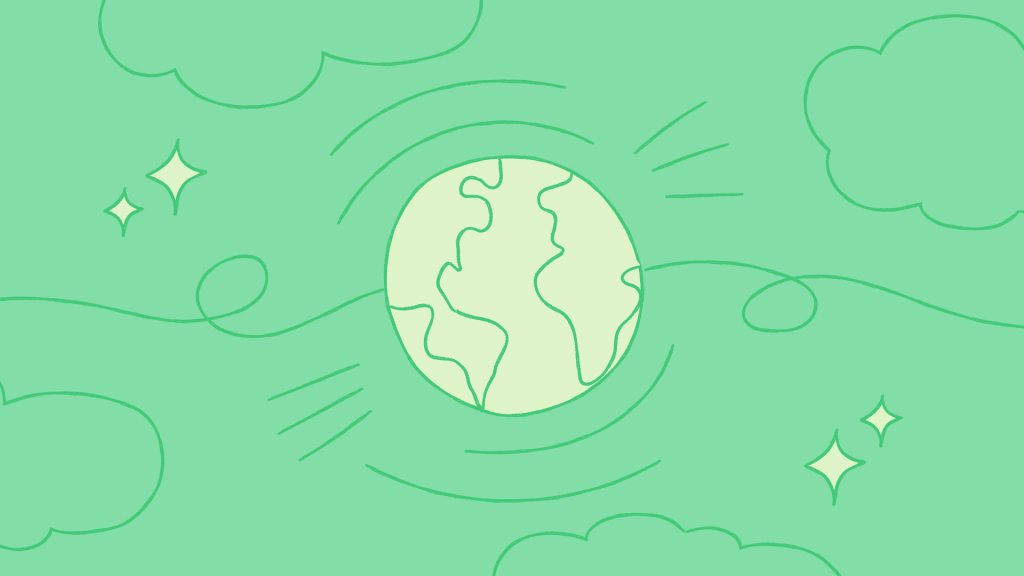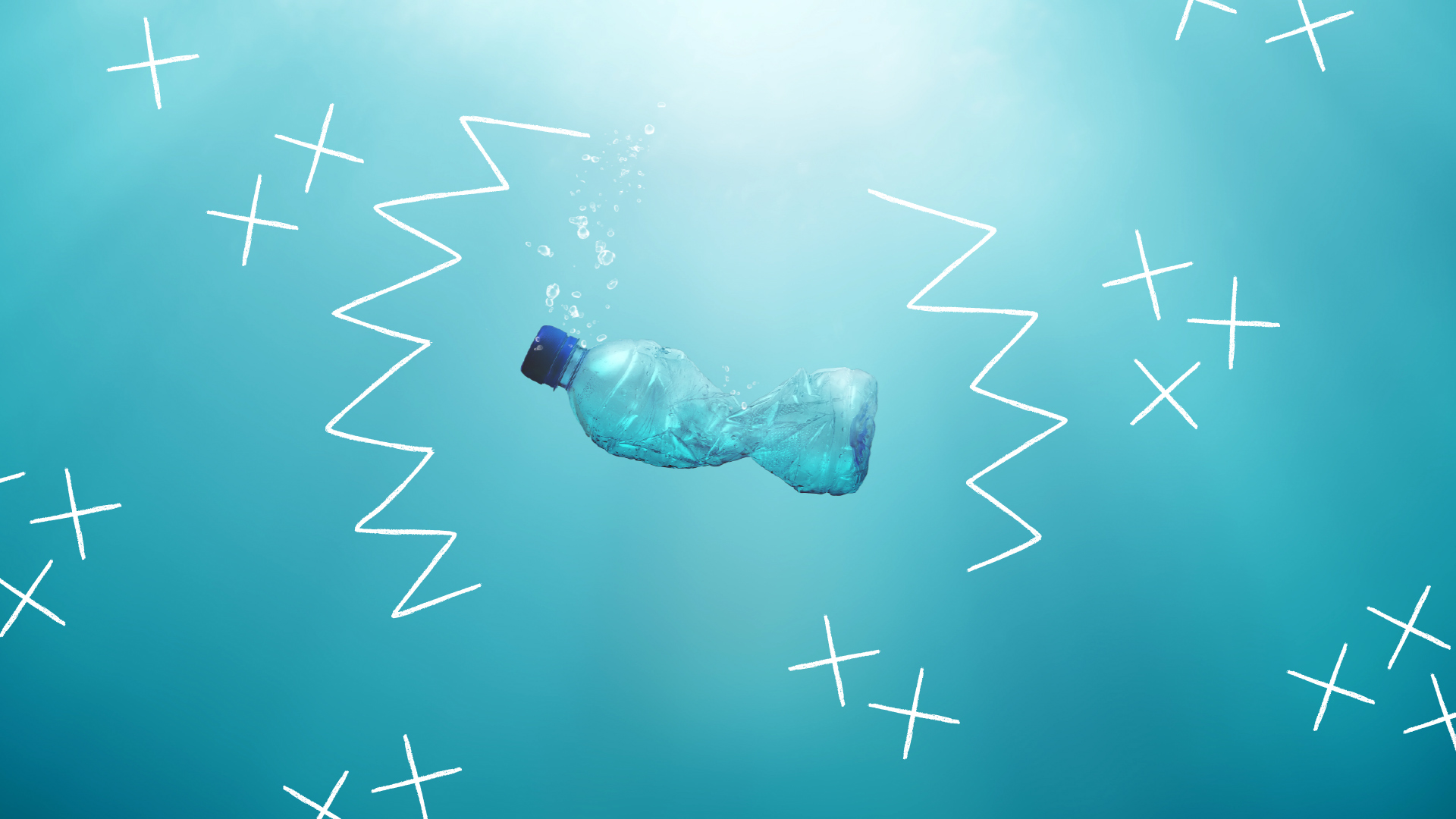
- 2 mins
5 Activities for Kids to Give Back to the Planet

So my eldest came home from school this week and told me that 14 million tonnes of plastic end up in our oceans every year. Well, she’s right. Plastic is the most common debris found in our rivers and oceans. In fact, the WWF tells us by 2050 there could be more plastic than fish in our oceans. I use ‘our’ because the waters belong to all of us. We are intrinsically linked to the ocean. It provides us with oxygen, food, climate regulation, jobs, and travel. It’s something shared that we can all protect and nurture.
Ocean pollution can destroy ecosystems and hurt sea animals like whales, fish, birds, and turtles. Not only does it affect our marine species and ecosystems, but it also impacts human health. Microplastics are found in tap water and the food we eat from the sea. This can harm our physical well-being. The Guardian tells us how microplastics have been even found in the placentas of unborn babies. The ocean also produces more than half our oxygen so it is quite literally the air we breathe.
World Oceans Day occurs annually on the 8th of June. This year’s theme is Revitalization: Collective Action for the Ocean and is hosted by the United Nations Division for Ocean Affairs and the Law of the Sea. It is all about the positive impact we can make when we work together to change things. Sir David Attenborough’s plastic message from the BBC is an inspiring but frank message about the effects of plastic pollution and what we can do about it as a collective. It may not be appropriate for smaller listening ears so please watch and read anything first before passing on the information.
How do we help children understand the effects of plastic pollution without causing worry or anxiety? It’s important to talk about the subject but in a way that doesn’t cause kids guilt or stress. It’s really great to empower them with ideas to make a difference. Here are our top tips:
So there really is lots we can do. We all have the power to change things. Let’s all come together and make a difference for the future of our beautiful planet. You and everyone else will benefit.